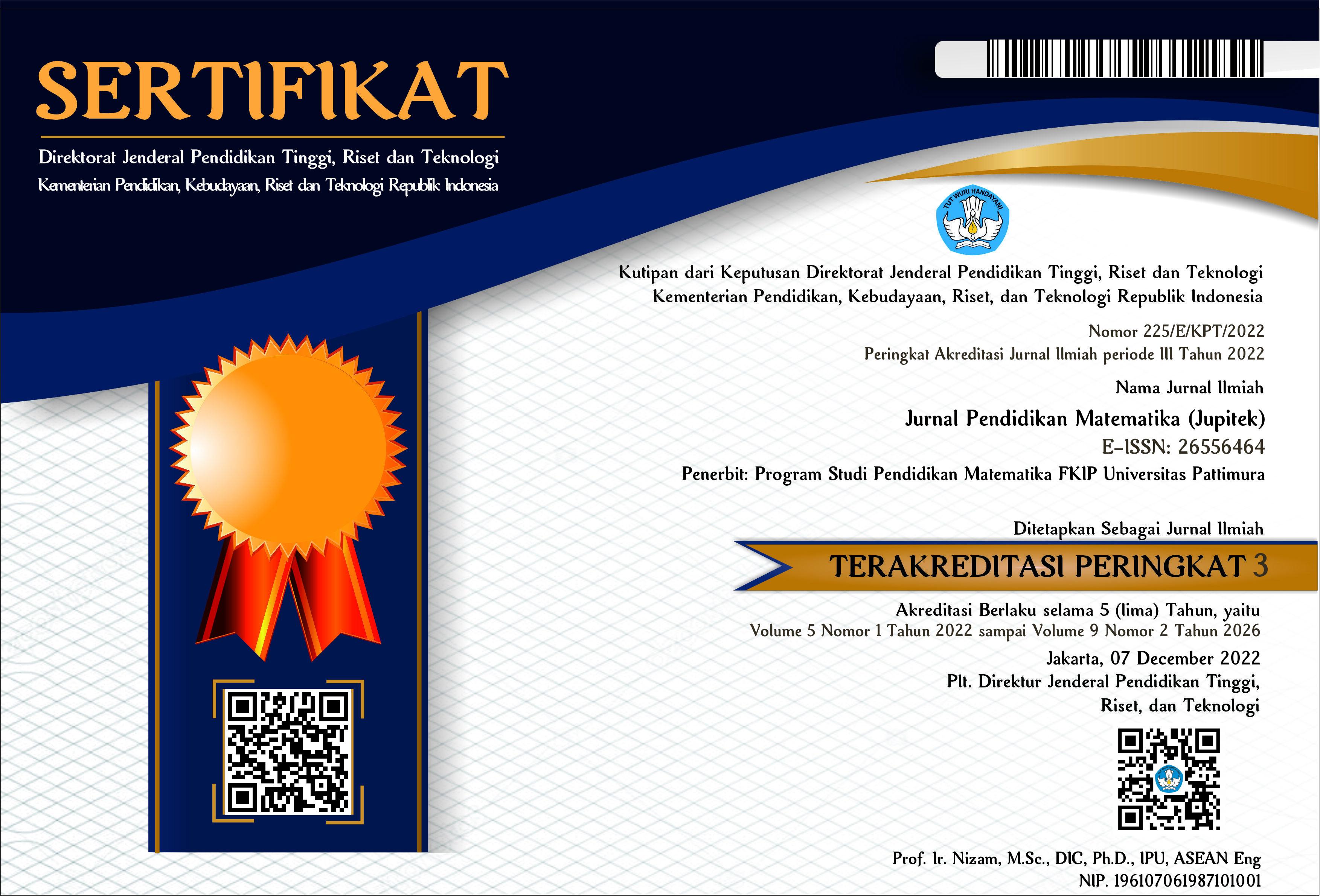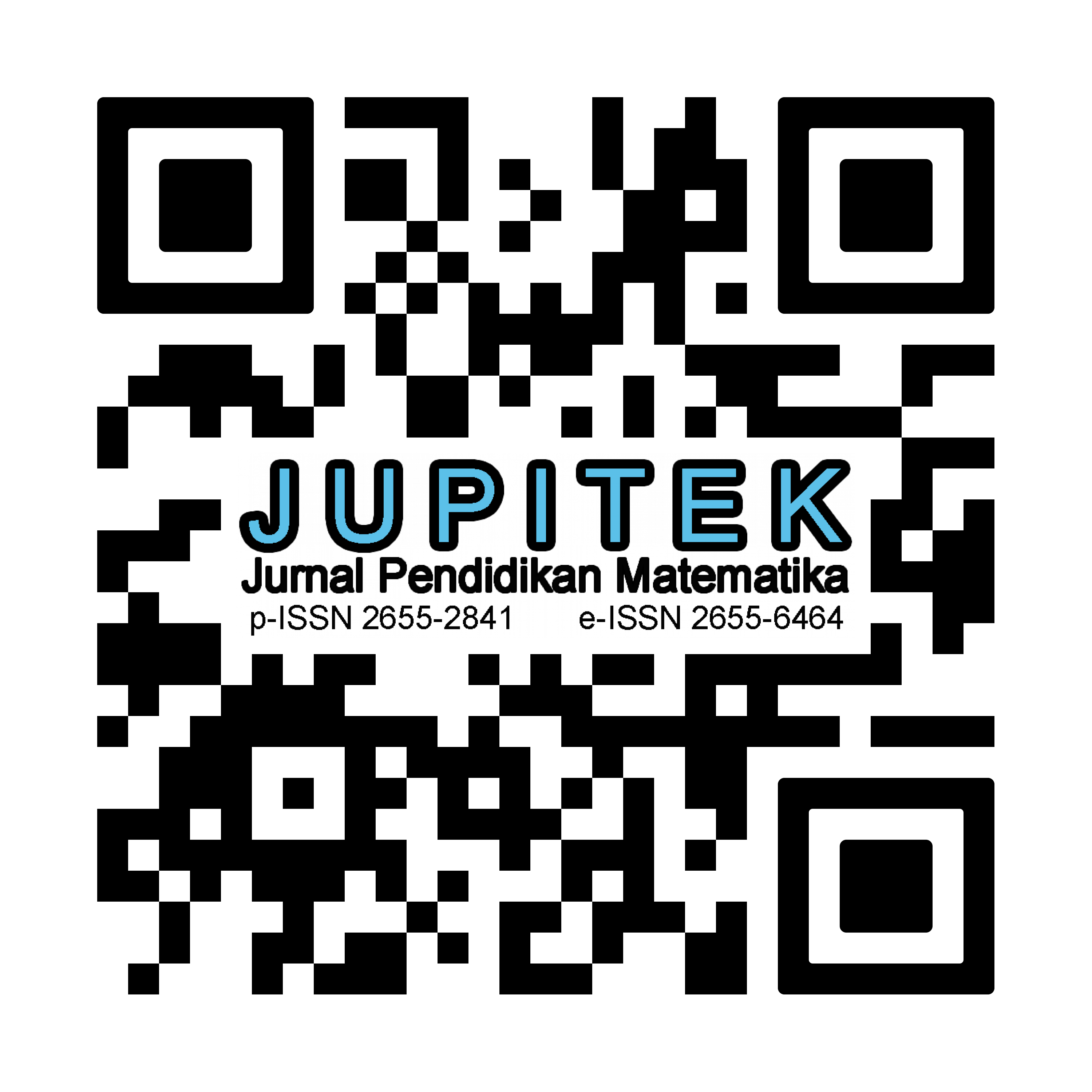Submit Your Article
Accredited By
Additional Menu
Article Template
The update to the article template will be introduced starting from the edition of June 2025
In Cooperation With
Cited By
Supporting Tools
Visitors
View My Statistics (Statcounter)
Location
Author Satisfaction Survey

















.png)

